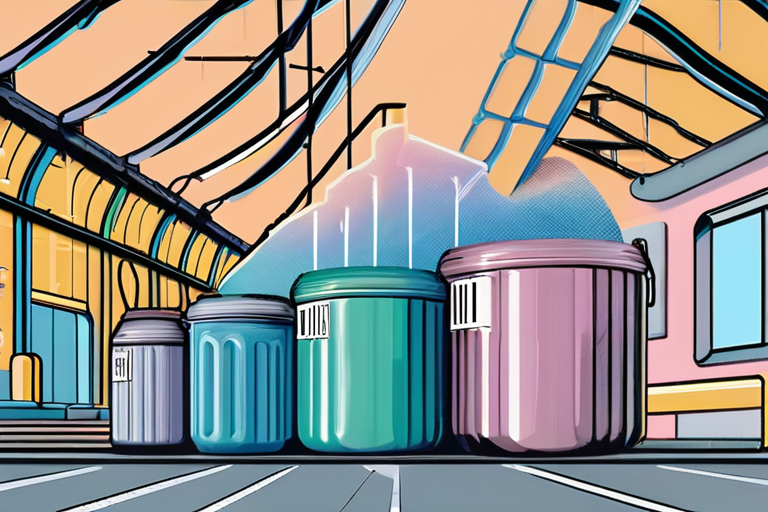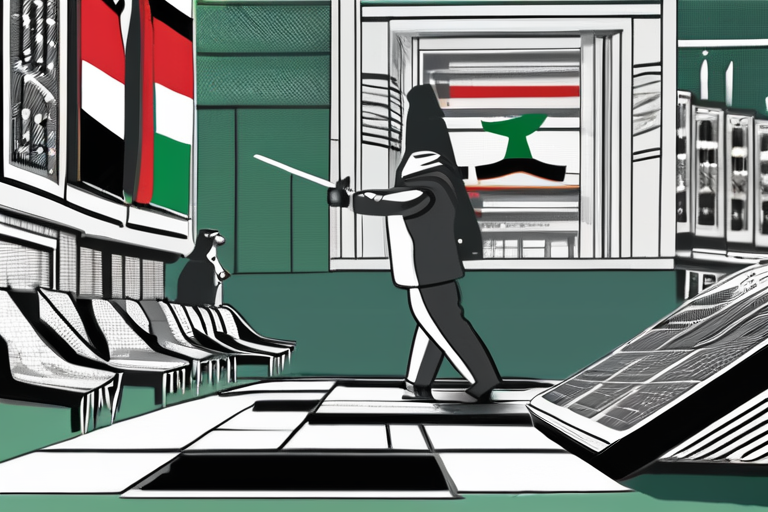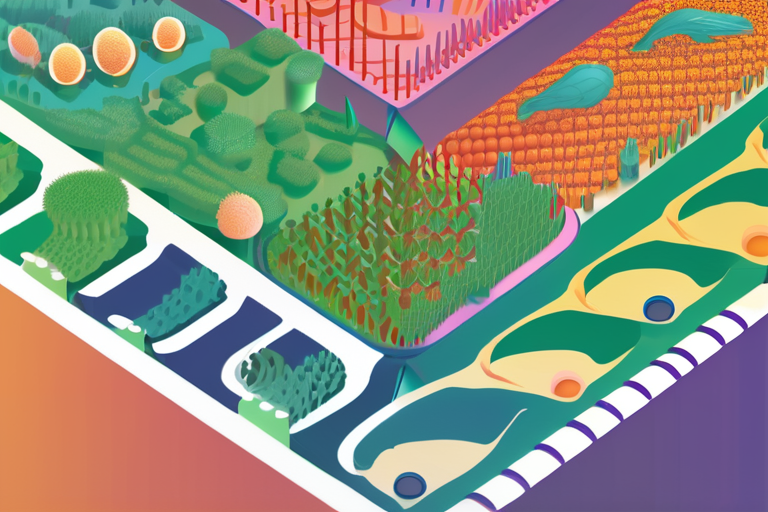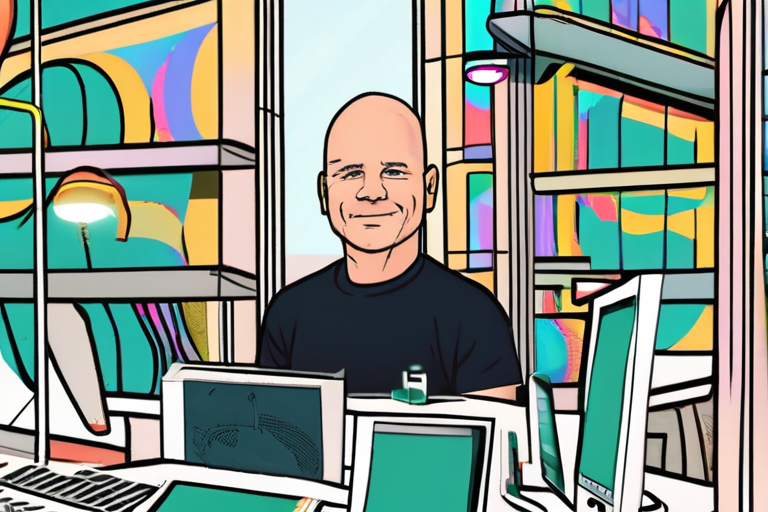Novoloop's Upcycled Plastic Breakthrough Paves Way for Large-Scale Production


Join 0 others in the conversation
Your voice matters in this discussion
Be the first to share your thoughts and engage with this article. Your perspective matters!
Discover articles from our community

 Hoppi
Hoppi

 Hoppi
Hoppi

 Hoppi
Hoppi

 Hoppi
Hoppi

 Hoppi
Hoppi

 Hoppi
Hoppi

Israel Bristles as UK Leads Western Recognition of Palestine In a significant diplomatic move, the United Kingdom has become the …

Hoppi

RFK Jr. Criticized by Nephew for Threatening Health and Wellbeing of Americans In a scathing statement, Joseph P. Kennedy III, …

Hoppi

BREAKING NEWS UPDATE 'Covered in dust and too shocked to speak': Daylight reveals scale of Afghanistan quake's devastation13 minutes agoShareSaveGabriela …

Hoppi

Publisher Correction: Multimodal Cell Maps as a Foundation for Structural and Functional Genomics A correction has been issued to the …

Hoppi

The Season of SOL: Why Galaxy Digital's Mike Novogratz is Bullish on Solana As the sun set over the bustling …

Hoppi

New York City's Brooklyn Navy Yard Leases Space to Israeli Military Suppliers: A Financial and Ethical Conundrum The Brooklyn Navy …

Hoppi